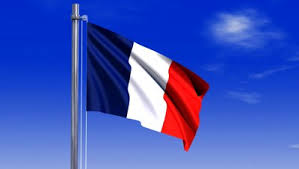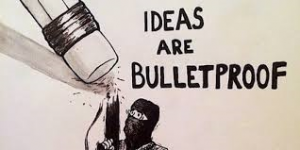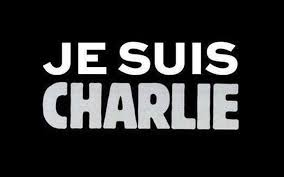The murder of the French satirists in Paris last week was yet another heinous act of violence by Islamic extremists in an attempt to smother freedom of thought. Countless analyses have been written, aired, and posted on this mindless crime. Though excellent commentaries have been shared in many publications from The New Yorker to Le Monde, I still feel an emptiness and a terrible yearning to better understand such hateful and inhuman behavior from fanatics so twisted in mind and spirit, that the reality of human lives means less than the illusion of a venomous deity that demands blood and suffering of those who use thought and humor to disagree with a “religious” view that has nothing to do with love, kindness, mercy, or forbearance, some of the usual foundations of spiritual doctrines.
I believe, in fact, that the actions of those who slaughtered the satirists had no basis at all in religion and nothing whatever to do with God. The behavior of the murderers was based upon a perceived social inequity and disenfranchisement so intense that all rational thought was blinded, not by passion for truth but rather by a need for revenge so powerful that nothing else mattered except the destruction of the perceived foe. I think the feeling of being socially insignificant or even socially dismissed altogether was the real source of rage, not cartoons making fun of a religious ideology. The need to be recognized and lauded was a requirement of the ego, not the heart or soul in this case. Hence, the martyrdom, which one of the thugs said was his goal in an act of such malevolence that the murderers willingly hurled themselves into an oblivion from which none would return.
Personal hatred and abhorrence have always found hiding places behind what their practitioners wish to perceive is religious devotion, whether it is called God, Allah, or moral “correctness” of any kind. Centuries of narrow minded persecution on the part of Christians was of the same mentality in their torturing nonbelievers, burning them at the stake, hanging them, or beheading them. There is nothing new about such primitive and ignorant behavior, but when it occurs in what we would like to think is “the modern age,” such savage atrocities shock us, in this case as they were meant to do.
Our hope, though, lies in our collective defiance of barbaric edicts that demand that we use neither our brains nor our senses to interpret the world around us. Such absolute, despotic control has been imposed during too many other eras of history from the slavery of ancient times through the spirit-crushing rule under the Nazis and Fascists in Europe during the previous century. It is all too familiar.
“Je Suis Charlie” (I am Charlie) has become a battle cry of freedom from fear of being controlled by any ideology, no matter what its disguise. Nothing and no one is beyond criticism. Anything that wounds the human spirit or attempts to keep it in chains is worthy of our most laser-honed analysis and reproof, especially through satire, which since ancient times has often been the sharpest and most powerful way to examine stupidity in all its forms and to hold it up in the daylight for all our scrutiny in order to make the world a better and safer place for everyone. Vive La France! And may we all exert with loud voices in international harmony those words of defiance, challenge and loving insurrection. “Je Suis Charlie!” John Bolinger






